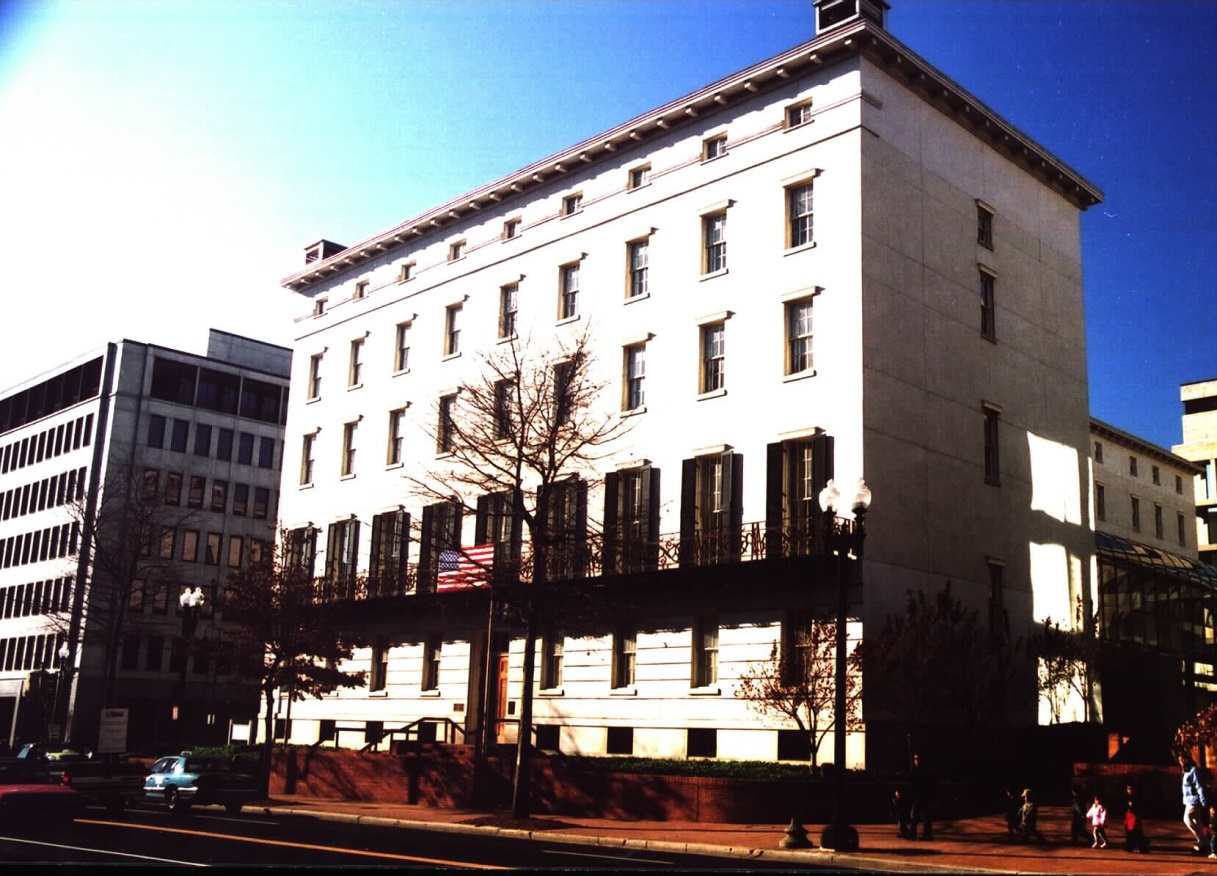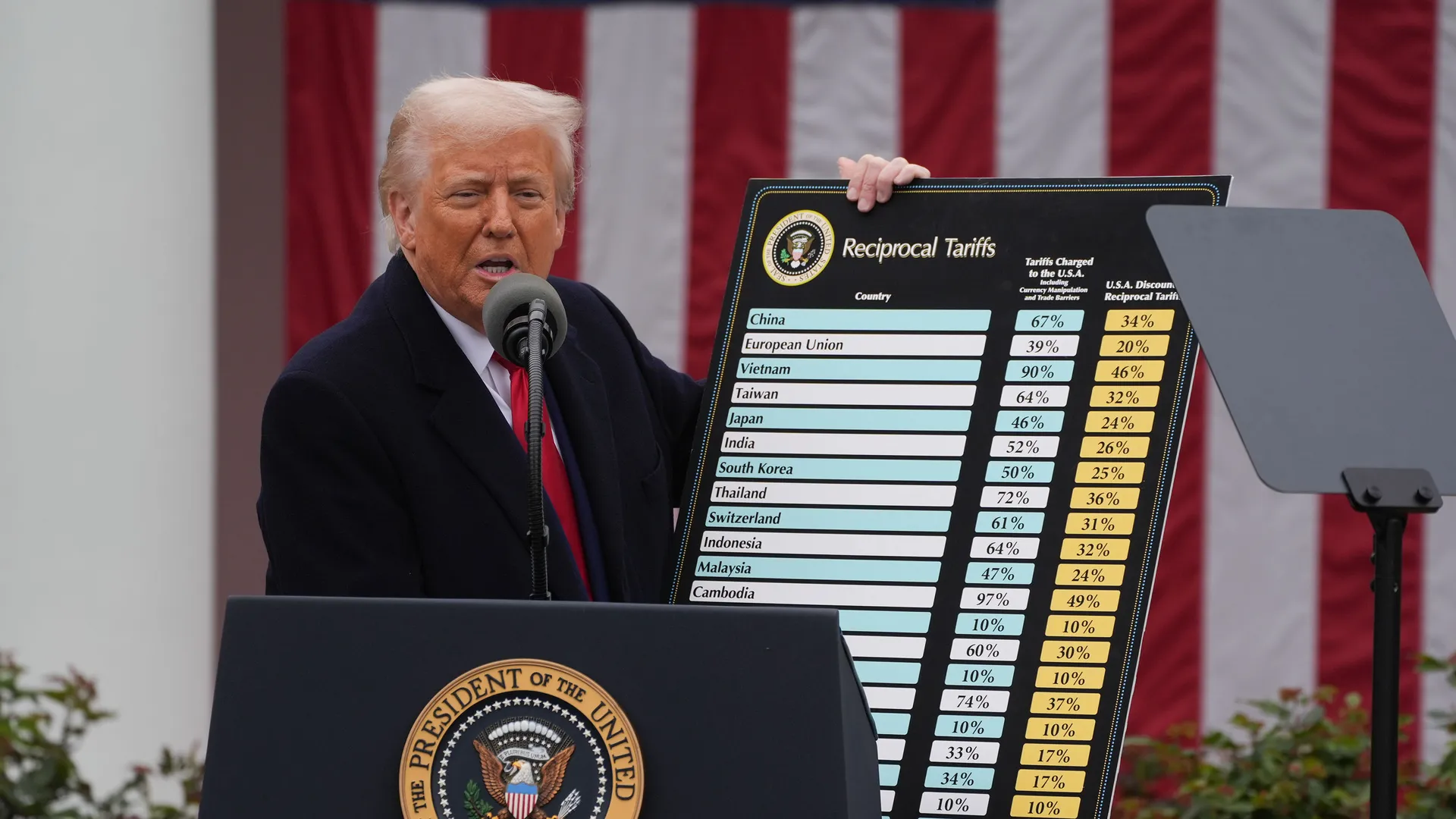As Donald Trump returns to the White House, the chaos surrounding his administration is starkly illustrated in his erratic handling of tariffs. The president"s persistent fixation on tariffs has not only bewildered reporters but also created a looming economic crisis that threatens to impact millions of American families and workers.
Trump"s Confusion Fuels Uncertainty
In a recent exchange, Trump’s inability to articulate his tariff strategy raised eyebrows. When questioned about impending tariff changes, Trump responded ambiguously, stating, "They"re going to be tariffs. The tariffs are going to be the tariffs." Such comments highlight not just a lack of clarity but a profound disconnect from the realities that American workers face. This confusion permeates his administration, as seen in his threats to raise tariffs by 25% on imports from countries like Japan and South Korea if trade negotiations fail by August 1.
Tariff Impact on American Workers
The implications of Trump"s tariff policy are dire for everyday Americans. A 25% increase in tariffs could spike prices on essential goods, hitting low- and middle-income families the hardest. According to a Washington Post analysis, such tariffs could lead to inflationary pressures that worsen wealth inequality, already a critical issue in the United States.

Did You Know?: The History of the USTR Winder Building ...
Global Repercussions of Trump"s Trade Policy
Trump"s unilateral approach to trade is not only jeopardizing American consumers but also straining international relations. Countries that believed they were negotiating in good faith are now scrambling to avoid the brunt of these punitive measures. As reported by The New York Times, nations facing tariffs are under pressure to adjust their trade agreements, leading to instability in global markets.
Workers" Rights at Risk
For American workers, the chaos in trade policy raises critical questions about job security and labor rights. As tariffs increase, many companies may turn to automation or offshoring to cut costs, further eroding the workforce. The White House fact sheet claims that these tariffs are meant to protect American jobs, yet the reality is that they may do the opposite, driving down wages and exacerbating the already precarious situation for workers.

House Republican plans bill to let Congress block Trump tariffs
Call for Accountability
Amid this turmoil, the lack of accountability within the Trump administration is alarming. As critics note, Trump"s trade policy lacks a coherent strategy, leading to a governance style characterized by impulsiveness and disregard for established economic principles. The administration"s failure to provide clear communication about tariff rates and their intended effects reflects a broader trend of mismanagement that has dire consequences for American families and workers.







![[Video] Gunfire between Iraqi security forces and Sadr militias in Baghdad](/_next/image?url=%2Fapi%2Fimage%2Fthumbnails%2Fthumbnail-1768343508874-4redb-thumbnail.jpg&w=3840&q=75)
